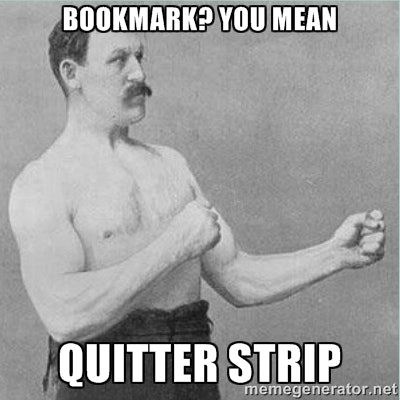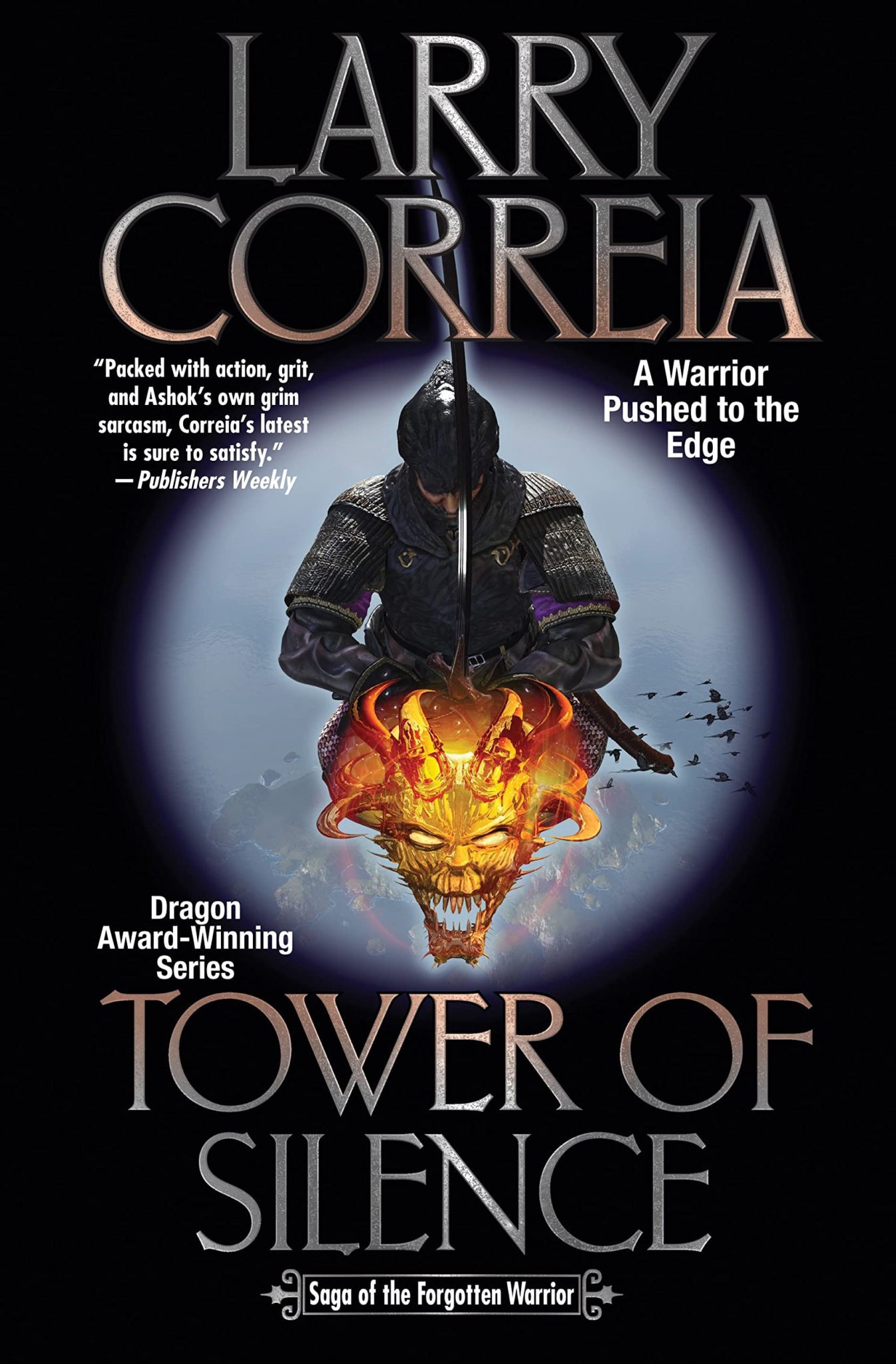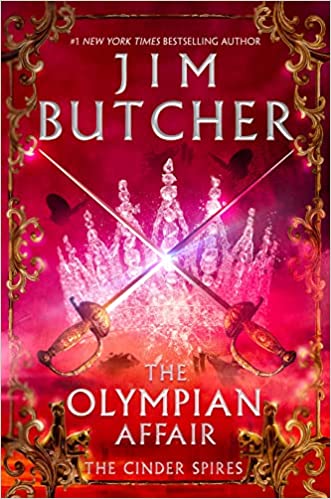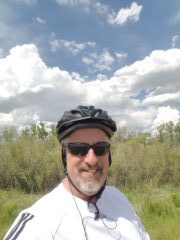“Well, there’s so much to read, and I’m so far behind.”
Wallace Stegner, Crossing to Safety

Today I want to share with you my autumn reading list. It’s funny, but while I was writing this post, I realized that I have only done one summer reading list. Meanwhile, I’ve done several autumn reading lists. I guess that’s because summer is a season of activity, with little time for introspection. Gardening, road trips, bicycling, lounging in the hammock. You know. Stuff.
Autumn, on the other hand, is a season perfectly conducive for reading. The weather is turning cooler, the nights are growing longer, and the fireplace in the library is singing its siren song. I think there is a nostalgia factor as well. While I hated going back to school in September, there were a couple of positive things of note about the new school year. I could check books out from the school library once again, and the first of the Scholastic Book catalogs were handed out sometime in September or October.
Life doesn’t come with a syllabus.
As an aside, should you ever google the terms “book lists” or “reading lists”, you will get a ton of results that with titles like “30 books you must read this autumn” or “25 books you need to read this summer”. Since I started blogging, I’ve learned that words like must, need, and have are called “power” words. Writers use power words to increase clicks to their posts. In other words, clickbait.
I would never presume to tell anybody what they should read. I post these reading lists to show what books I plan on reading. Perhaps a reader might look at my list and think to themselves that some of these books sound interesting to them. Conversely, perhaps somebody might look at my list, and offer suggestions of similar books that might be of interest to me.
I used to look at lists, such as “50 books every man should read” and think to myself that maybe I should read those books to make myself more informed individual. Eventually, I realized that mentality is bullshit. I’m not in school anymore, and life doesn’t come with a syllabus. We should read what we want to read. Screw what other people think. Reading should be for our enjoyment.
Speaking of enjoyment, let’s quit talking and get to the books!
In no particular order…

Tower of Silence – Book 4 Saga of the Forgotten Warrior by Larry Correia
The Saga of the Forgotten Warrior follows Ashok Vadal, a man who was forged by magic into a perfect instrument for enforcing the edicts of the ruling class. And the ruling class is fomenting a civil war amongst themselves. A man with no empathy, Ashok has been scapegoated by one of the vying factions and is now a wanted criminal. In Ashok’s world, men rule the land while demons are masters of the oceans. While the nations of men prepare for a final showdown, the demons of the deep have plans of their own for mankind. Meanwhile, Ashok grapples with the knowledge that everything he stood for was a lie, while at the same time trying to save his people from the approaching doom.

The Harp and the Eagle by Susanna Ural Bruce
I don’t know much about this book. I’m not sure, but I think I got it from my father. Being of full Irish descent, my dad was quite interested in Irish-American history. (I hate using hyphenated American anything. We’re all Americans. However, for brevity, I am using it here). I have read many books on the American Civil War, but never one that deals with one specific ethnic group. And the Irish who served during the Civil War were an interesting lot. While most Irish immigrants fought on the Union side, they were actually sympathetic to the Democratic (the party) view on slavery and the war. And it was the Irish who spearheaded many of the violent protests against the draft in the North.

The Olympian Affair – Book 2 of the Cinder Spires by Jim Butcher
Way back in September of 2015, Jim Butcher, author of the Dresden Novels, released a strange little book called The Aeronauts Windlass (Amazon.com: The Aeronaut’s Windlass). Part fantasy, part steam punk, the book followed the adventures of Captain Grim, commander and merchant/privateer of a powered airship on a planet where humans don’t belong. Humans live their entire lives in “spires”, or tall mountain structures, because the lands “beneath the clouds” are too hostile for them. A cold war exists between the various spires, with a hot war brewing in the future. Meanwhile, an ancient malevolent force, vanished for millennia, is returning. And the “magic users” of this world, who can see the approaching threats, are all literally insane.
After an eight-year hiatus, Jim Butcher will release book 2 of the series in November. I have no idea what happened in Butcher’s life (I’ve heard that he is going through a second divorce), but about ten years ago his writing went on a multi-year sabbatical, and he has struggled to get back into his writing groove ever since. He used to be able to crank out novels in 12-18 months. Now it takes years. I’m going to have to glance over the Aeronaut’s Windlass to reacquaint myself with the characters and plot, just so I will know what is going on The Olympian Affair.

A Great Improvisation: Franklin, France, and the Birth of America by Stacy Schiff
I recently finished Stacy Schiff’s The Revolutionary: Samuel Adams (review coming soon!) and found it both an interesting and, more importantly, enjoyable read. So, I’ve decided to crack open her biography of Benjamin Franklin. I’ve read a couple of Franklin biographies, including his autobiography, and find him to be a fascinating individual. What piqued my interest about this particular bio is that it deals specifically with Franklin’s role as an ambassador to France for the fledging United States. With no diplomatic experience whatsoever, Franklin was able to convince an absolute monarchy to back a newly formed democracy against the most powerful nation in Europe. It certainly helped his cause that the French, from commoners to nobles, were completely enchanted by the roughhewn genius from the New World.

The Art of the Personal Essay: An Anthology from the Classical Era to the Present by Phillip Lopate
If you dig deep into the memory banks of your mind, you might remember how we were taught in school that there were four types of essays: argumentative, expository, narrative and descriptive (author’s note: I had to look those up on the interwebz. I couldn’t remember them to save my life!). These types of essays could be considered “formal”. Phillip Lopate has put together a collection of “informal essays” whose content spans centuries and from around the globe. An informal essay is whatever might be on the author’s mind. Unlike formal essays, there are no specific rules or requirements on how topics are presented.
As an example, most of my blog posts are informal essays.
Let me state that is a very weighty tome. Instead of trying to read the whole thing, I’m going to pick out, oh, let’s say 10 since it’s a nice round number, that sound interesting. (Tip o’ the hat to Dave S. for the recommendation).

The Legend of Sleepy Hollow by Washington Irving
Since autumn is the season of ghosts, witches, jack-o-lanterns and things that extort candy in the night in exchange for not egging your house, I figure this is a perfect time to re-read Washington Irving’s The Legend of Sleepy Hollow. A mystery that will never be solved: did poor Ichabod Crane run off in shame after being punked by a rival suitor for the daughter of the richest man in Sleepy Hollow? Or did the Headless Hessian really take Ichabod’s soul on that dark night on that deserted road? Only the reader can say for sure!
Bonus book

Whose Body? by Dorothy L. Sayers
Mysteries are not my favorite genre, but I do like me a good whodunnit every now and then. I’ve followed the exploits of many of the greatest detectives in print: Sherlock Holmes, Hercules Poirot and Encyclopedia Brown to name a few.
But I am finicky about my mysteries. I’ve really enjoyed Craig Johnson’s Longmire series over the years, but his last couple of novels have been weird. So, I’ve decided to go back to the classics. Dorothy Sayers was a contemporary of Agatha Christie, but I have never read her before. Her books follow one Lord Peter Wimsey as he solves crimes in England during the years following WWI. In this first book of the series, Lord Wimsey, a rare book collector and a war vet suffering from what today would be known as PTSD, endeavors to solve the mystery of a dead man found naked in a bathtub, wearing nothing but a pince-nez. Sounds intriguing.
So, what’s on your autumn reading list? Science fiction, history, maybe a mystery? Perhaps a gothic horror fitting for the season?

